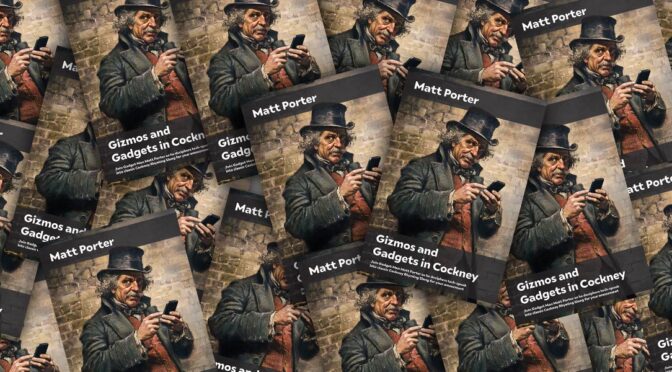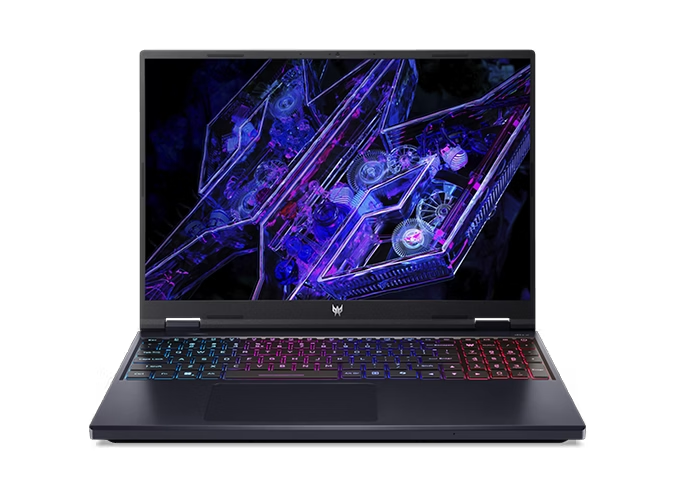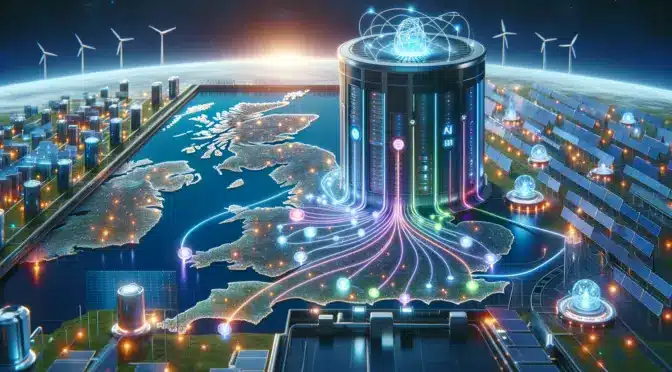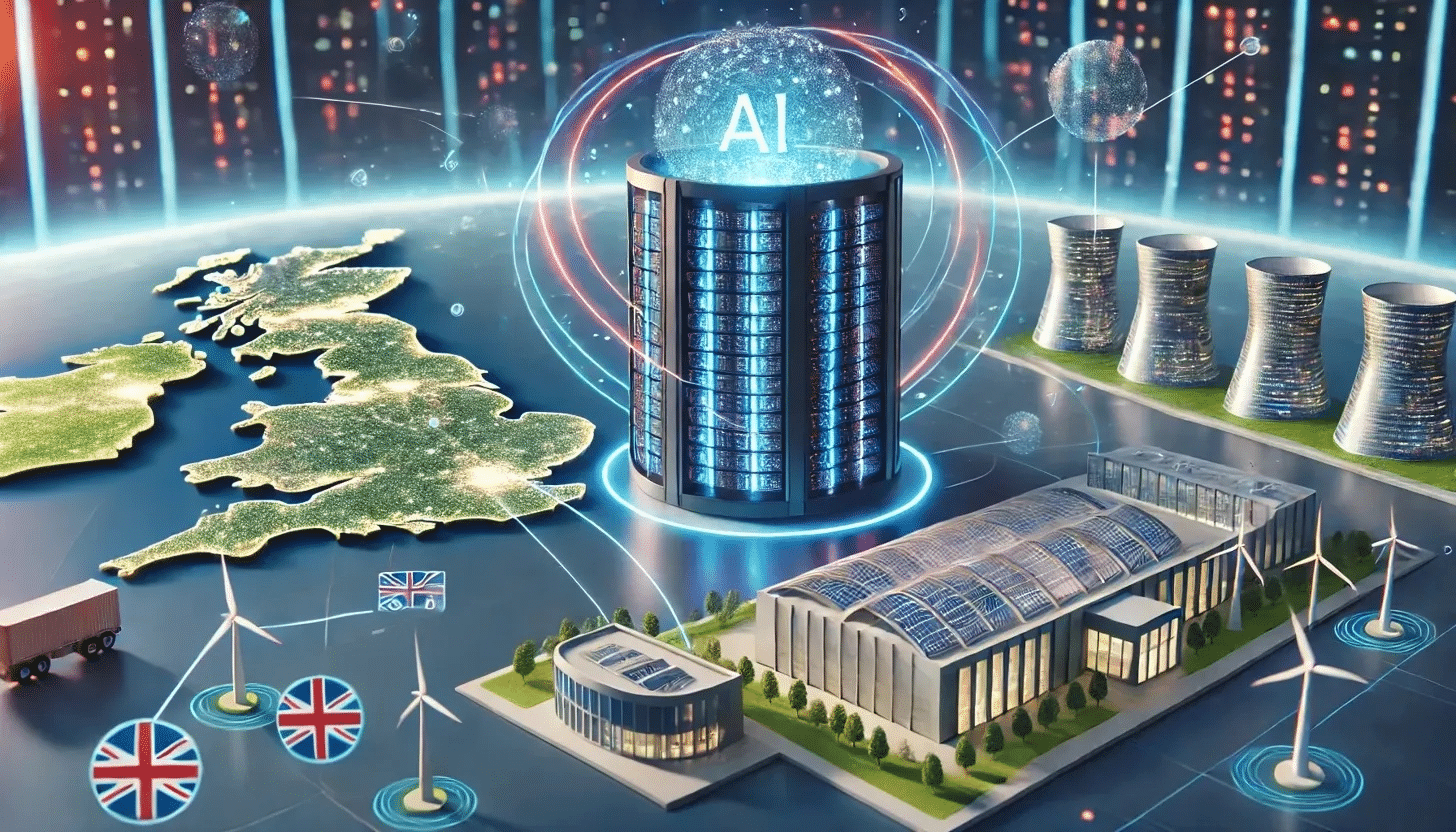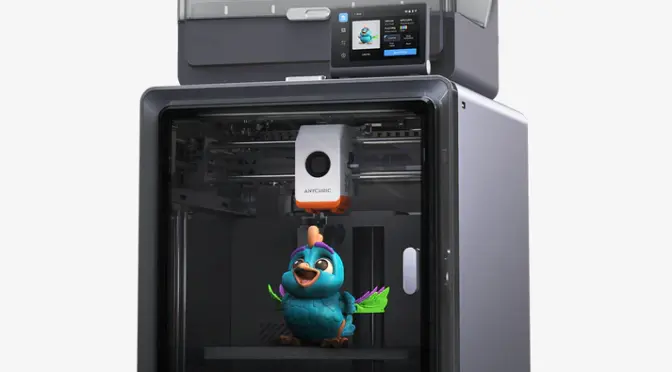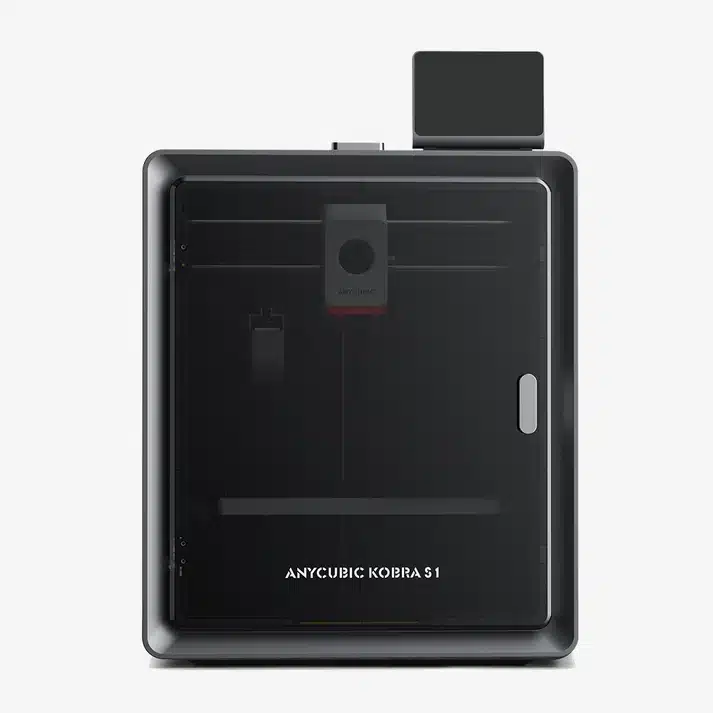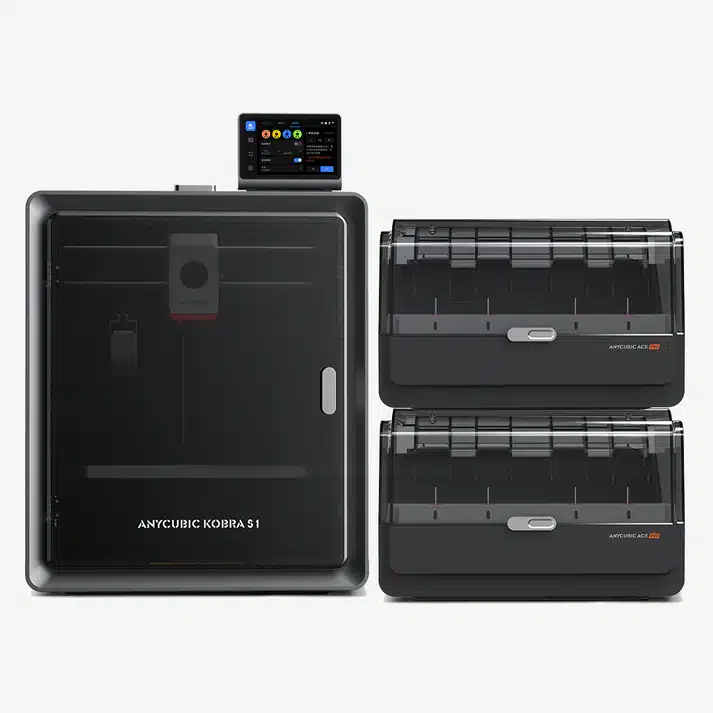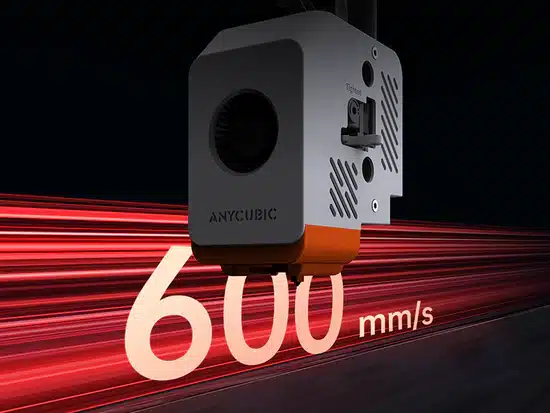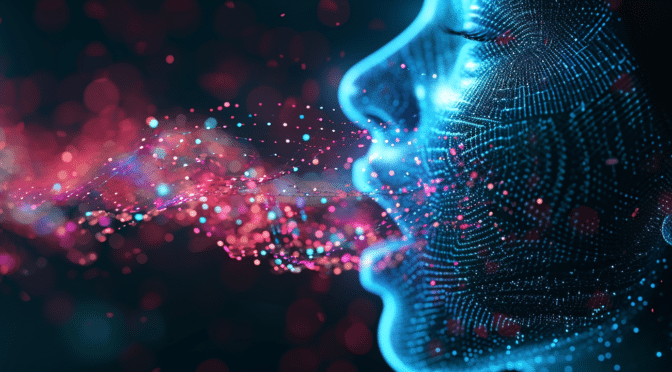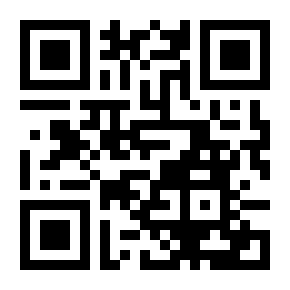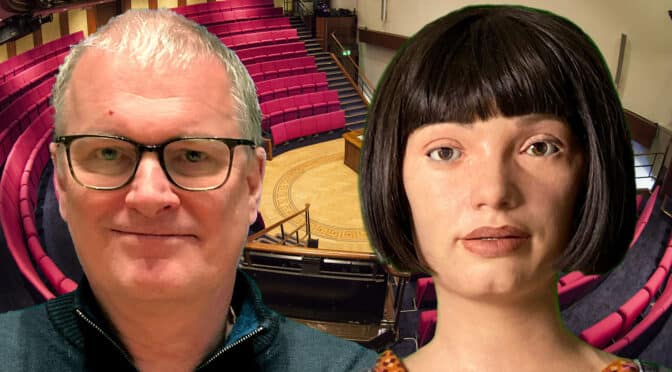Sometimes, you have an idea so out there, you just have to run with it. That’s exactly what happened with my latest experiment—writing, editing, and publishing a book in under 24 hours. Yes, you read that right: Gizmos and Gadgets in Cockney by Matt Porter went from a concept swirling in my head to a fully published book faster than you can say “Bob’s your uncle.” Now, before you start expecting War and Peace or something that’ll win a Pulitzer, let me set the record straight: this book is meant to be a laugh. So, get that tongue planted firmly in your cheek and read on!
A Silly Idea Turned Into Reality
I’ve always loved Cockney rhyming slang. There’s something so playful and creative about it, and being a tech nerd, I thought, “Why not merge the two?” With that spark of inspiration and a challenge I set for myself, the idea was born: a humorous book that reimagines the world of tech with Cockney flair. Gizmos and Gadgets in Cockney would be a light, fun read for anyone who’s ever wondered what you’d call a smartphone (a “dog”) or a smart speaker (a “chirper”) in the East End’s colourful lingo.
But then I upped the stakes: I decided to see if I could write, edit, and publish the whole thing in less than 24 hours. Why? Because life’s too short not to try ridiculous things.
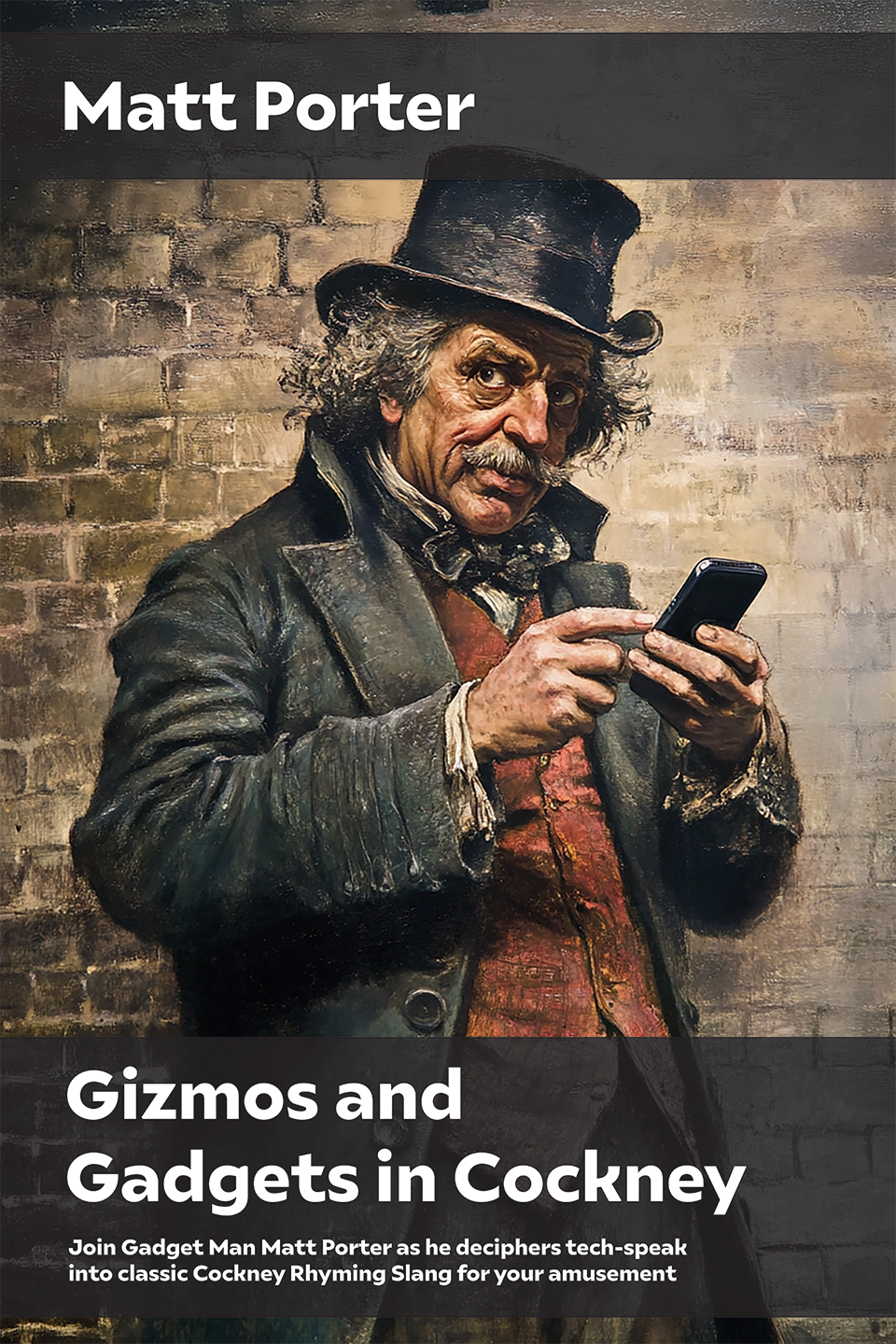
Don’t Expect High Art—This Is Pure, Unfiltered Fun
Let’s be clear: you’re not about to read a literary masterpiece. This isn’t War and Peace or The Great Gatsby. It’s more like a mate telling you stories down the pub, but instead of talking about football, I’m rambling about gadgets and tech in Cockney slang. This book was written fast, with lots of tea, laughter, and a “who-cares-if-it’s-not-perfect” attitude. If you’re looking for a deep exploration of tech or a polished manual, you might be barking up the wrong tree.
But if you’re after a book that doesn’t take itself seriously, one that pokes fun at tech jargon while teaching you some cheeky Cockney phrases, this might be your cup of rosie-lee.
The Writing Process: Fuelled by Tea and Banter
Once the idea hit me, I got to work with one goal: get it done before the clock ran out. I wrote chapter after chapter, each filled with witty slang, light-hearted anecdotes, and ridiculous comparisons between tech gadgets and everyday London life. Need to know why Wi-Fi is like a “Skyhook” or why a computer’s operating system is the “Guv’nor”? I’ve got you covered.
To keep it fun and breezy, I didn’t worry too much about polishing every sentence. It was all about the charm, the humour, and the Cockney twist. The result? A book that feels like a good ol’ natter with a mate—unpolished, maybe a bit rough around the edges, but full of character.
Editing and Formatting: It’s Good Enough
I gave the manuscript a quick once-over (yes, quick), fixing the obvious typos and ensuring the Cockney slang made sense. But did I spend hours agonising over sentence structure or tweaking every paragraph? Absolutely not. This was about speed and spirit, not perfection. Think of it like street food: messy, but oh-so-satisfying.
I also threw in a handy Cockney slang glossary at the end, so you can brush up on your rhyming slang while giggling at the tech comparisons.
The Cover: Simple, Bold, and Straight to the Point
When you’ve only got 24 hours, you don’t spend ages designing a cover that rivals The Da Vinci Code. I kept it simple and bold, with the title front and centre: Gizmos and Gadgets in Cockney by Matt Porter. The cover hints at the humour inside without giving too much away—exactly how I like it.
Publishing: The Final Countdown
With just minutes to spare, I uploaded the book to the publishing platform, hit “Publish,” and breathed a sigh of relief. I did it! A fully published book in less than a day.
Why I Did It
Let’s face it, we all overthink things sometimes. This project was a reminder to embrace spontaneity, take risks, and have fun with creativity. You don’t always need months of preparation or endless rewrites to make something worth sharing. Sometimes, done is better than perfect.
Gizmos and Gadgets in Cockney isn’t meant to change your life, but it just might make you chuckle, and that’s good enough for me.
What to Expect When You Read It
- Lots of laughs: If you’ve ever struggled to explain tech to your nan or been baffled by a new gadget, you’ll feel right at home.
- Cockney charm: From “whirligigs” to “dog and bones,” the slang is in full force.
- Zero seriousness: This book is pure entertainment, so don’t come looking for an academic breakdown of microchips.
Final Thoughts: Take It with a Pinch of Salt (and a cup of ‘rosie’)
If you’re the kind of reader who enjoys a bit of banter, a bit of tech, and a whole lot of Cockney rhyming slang, this book is for you. But remember: it’s all in good fun. Don’t take it too seriously—just sit back, grab a cuppa, and enjoy the ride.
So, there you have it. My little 24-hour experiment, wrapped up and ready for you to enjoy. Gizmos and Gadgets in Cockney is out now on Kindle and will be available very soon in paperback (As soon as I have approved the… Proof), and I hope it brings you as many laughs reading it as I had writing it.
Cheers,
Matt Porter
February 2025
📚 Want a bit of tech banter with a Cockney twist? Grab your copy of Gizmos and Gadgets in Cockney on Kindle now, and don’t forget to keep that tongue firmly in cheek.

